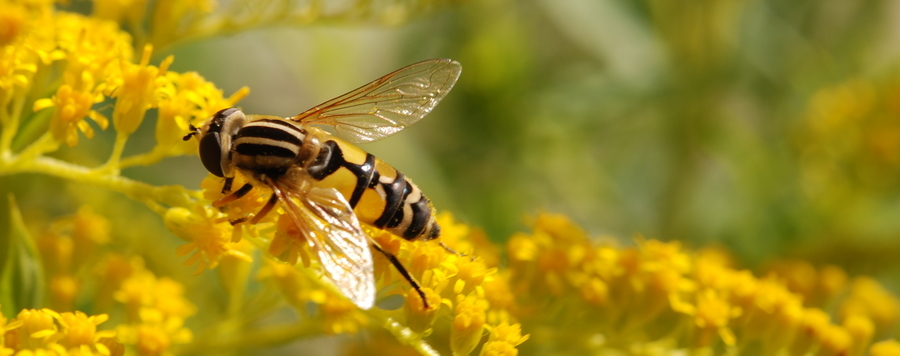
A DNA barcode library for 5,200 German flies and midges
This study summarizes results of a DNA barcoding campaign on German Diptera, involving analysis of 45,040 specimens. The resultant DNA barcode library includes records for 2,453 named species comprising a total of 5,200 BINs, including 2,700 CO1 haplotype clusters without species level assignment, so called “dark taxa”. Overall, 88 out of 117 families (75%) recorded from Germany were covered, more than 50% of the 9,544 known species of Diptera Germany. Until now, most of these families, especially the most diverse ones, have been taxonomically inaccessible because of the lack of specialists. By contrast, within a few years this study provided an intermediate taxonomic system for half of the German Dipteran fauna, which will provide a useful foundation for subsequent detailed, integrative taxonomic studies. Using DNA extracts derived from bulk collections made by Malaise traps, we further demonstrate that species delineation using BINs and OTUs constitutes an effective method for biodiversity studies using DNA metabarcoding. As the reference libraries will continue to grow, and gaps in the species catalogue will be filled, BIN lists assembled by metabarcoding will gain incremental taxonomic resolution. The present study has three main goals: (1) provide a DNA barcode library for 5,200 BINs of Diptera; (2) demonstrate by the example of bulk extractions from a Malaise Trap experiment, that DNA barcode clusters, labelled with globally unique identifiers (such as OTUs and/or BINs), provide a pragmatic, accurate solution to the ‘taxonomic impediment’; and (3) demonstrate that interim names based on BINs and OTUs obtained through metabarcoding is an effective method for studies on species‐rich groups that are usually neglected in biodiversity research projects because of their unresolved taxonomy.






